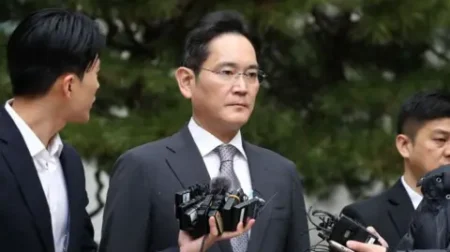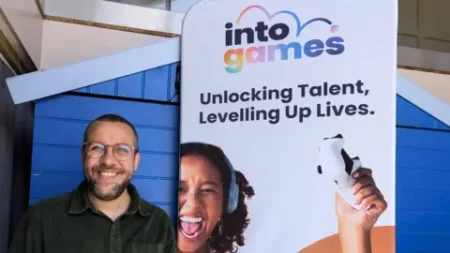In a recent investigation conducted by the BBC, findings revealed that four leading artificial intelligence (AI) chatbots are struggling to accurately summarize news articles. The evaluation focused on major AI tools developed by prominent companies: OpenAI’s ChatGPT, Microsoft’s Copilot, Google’s Gemini, and Perplexity AI. The BBC’s research highlights significant inaccuracies within the responses generated by these AI systems, specifically when summarizing content sourced directly from the BBC’s own news website.
To conduct this analysis, the BBC presented the four AI chatbots with 100 news stories and subsequently posed questions regarding these articles. The responses were obtained and assessed for their accuracy. Notably, the results indicated that over half of the AI-generated answers (51%) contained substantial inaccuracies. Among the content that referenced BBC articles, 19% included factual errors that involved incorrect statements, figures, and dates. This alarming prevalence of misinformation has raised critical concerns regarding the reliability of AI in disseminating news.
Deborah Turness, the CEO of BBC News and Current Affairs, articulated her apprehensions in a blog following the study’s release. She emphasized that while AI offers limitless prospects for innovation and engagement, the development of these tools poses inherent risks. Turness provocatively questioned how soon an AI-generated misinterpretation of news could incite real-world consequences. This comment underscores the pressing need for accountability and caution in the ongoing development and deployment of AI technologies in the journalism sector.
The tech firms behind the chatbots have been approached for commentary on these findings, which calls attention to the potential ethical responsibilities associated with AI use in news media. Furthermore, Turness has proposed initiating a dialogue with AI developers, seeking collaborative strategies to address the inaccuracies identified and to assure that AI tools can function as reliable news sources.
The exploration brought to light some glaring inaccuracies from the evaluated chatbots. For instance, Google’s Gemini inaccurately claimed that the NHS did not endorse vaping as a cessation tool for smoking. Similarly, both ChatGPT and Microsoft’s Copilot erroneously referenced UK political figures Rishi Sunak and Nicola Sturgeon as still in office, despite their departure from leadership roles. Perplexity AI was also flagged for providing a flawed quotation from a BBC News story concerning Middle Eastern conflicts, mischaracterizing Iran’s stance as initially displaying “restraint.”
Among the chatbots developed, Microsoft’s Copilot and Google’s Gemini were associated with more prevalent and serious inaccuracies compared to their counterparts, ChatGPT and Perplexity. This assessment holds critical implications for both the chatbot developers and the broader media landscape, as it underscores the imperfections that currently exist in AI’s processing of news-related information.
Although the BBC has generally restricted access to its content by AI chatbots, for the purpose of this study, it made its website content available in December 2024. This decision was likely a strategic move to empirically test the capabilities of these AI systems in summarizing news accurately.
Pete Archer, BBC’s Programme Director for Generative AI, articulated the necessity for publishers to maintain control over how their material is utilized by AI technologies. He highlighted the importance of transparency from AI companies about the mechanisms they use to process news content, including the extent of the errors produced by their systems. The pressing call for enhanced oversight reflects growing concerns about the integrity and reliability of AI-enhanced news dissemination.
In summary, the BBC’s investigation into AI chatbots has unveiled critical challenges surrounding the precision of AI summarization of news. As technology firms continue to innovate in the field of AI, it becomes increasingly vital to navigate these advancements with care, ensuring that the potential benefits do not come at the cost of accuracy and public trust in news reporting.









